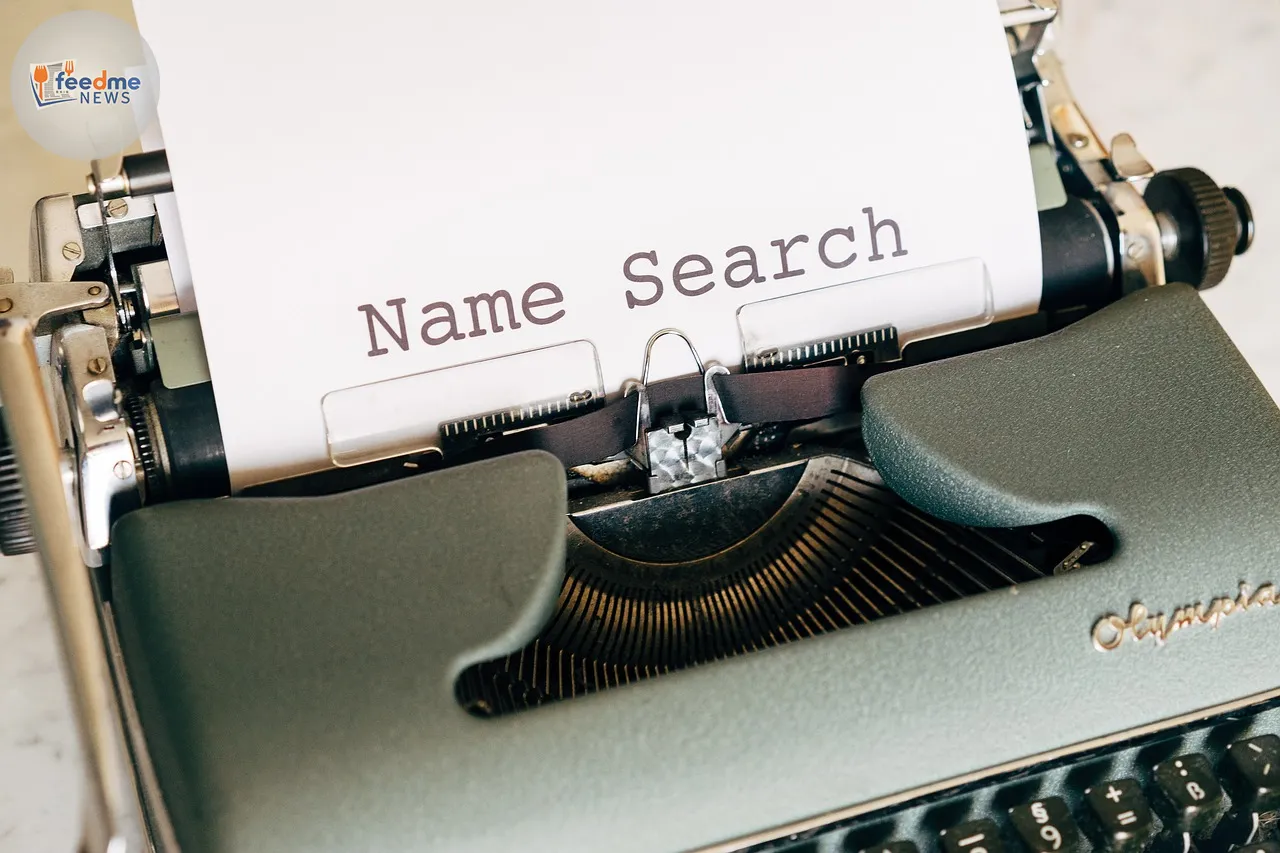Inclusive marketing is more than just a trend; it is a necessary evolution in the way brands communicate with diverse audiences. In recent years, several companies have made significant strides in ensuring their marketing strategies reflect the values and identities of their varied consumer base. This article explores seven brands that have excelled in inclusive marketing, setting a benchmark for others in the industry.

Dove’s Real Beauty Campaign
Dove’s Real Beauty Campaign has been a trailblazer in promoting body positivity and diversity. Launched in 2004, the campaign challenged traditional beauty standards by featuring women of various shapes, sizes, and ethnicities. Dove’s commitment to inclusivity has resonated with millions, helping to shift societal perceptions of beauty.
Dove’s efforts go beyond advertising. The brand has implemented programmes that educate young people about self-esteem and body confidence. This holistic approach has cemented Dove’s reputation as a leader in inclusive marketing, proving that authenticity and social responsibility can drive both brand loyalty and sales.
Nike’s Embrace of Diversity
Nike has long been a champion of diversity, evident in its advertising and product lines. The sportswear giant’s campaigns often highlight athletes from different backgrounds, promoting messages of equality and empowerment. Notably, Nike’s partnership with Colin Kaepernick in 2018 sparked conversations about social justice and corporate responsibility.
Beyond advertising, Nike has expanded its product offerings to include hijabs for Muslim athletes and adaptive clothing for individuals with disabilities. These initiatives reflect Nike’s understanding of its diverse customer base and its commitment to meeting their unique needs.
Microsoft’s Accessibility Innovations
Microsoft has prioritised accessibility, ensuring its products are usable by everyone, regardless of ability. The company’s Xbox Adaptive Controller, released in 2018, exemplifies this commitment. Designed for gamers with limited mobility, the controller has been praised for its inclusive design.
In addition to product innovation, Microsoft actively promotes diversity within its workforce. The company has implemented programmes to increase representation of women and minorities in tech, demonstrating that inclusivity is a core value both internally and externally.
Fenty Beauty’s Diverse Product Range
Fenty Beauty, founded by Rihanna in 2017, revolutionised the cosmetics industry with its inclusive approach. The brand launched with 40 foundation shades, catering to a wide range of skin tones. This move set a new standard in the beauty industry, prompting other brands to expand their shade ranges.
Fenty Beauty’s success highlights the importance of representation in product development. By addressing the needs of underserved consumers, the brand has built a loyal customer base and proved that inclusivity can be a powerful business strategy.
Apple’s Commitment to Accessibility
Apple has consistently prioritised accessibility in its product design. Features like VoiceOver, a screen reader for visually impaired users, and Switch Control, which allows users with limited mobility to control their devices, demonstrate Apple’s dedication to inclusivity.
Apple’s efforts extend to its marketing campaigns, which often feature people with disabilities using their products. This representation is crucial in normalising disability and showcasing the capabilities of all individuals. Apple’s commitment to accessibility sets a high standard for the tech industry, proving that inclusive design is beneficial for everyone.
Ben & Jerry’s Advocacy for Social Justice
Ben & Jerry’s is renowned for its advocacy on social issues, using its platform to promote equality and justice. The ice cream brand’s campaigns have addressed issues such as climate change, racial justice, and LGBTQ+ rights, aligning its values with those of its consumers.
Ben & Jerry’s commitment to social justice is evident in its partnerships with organisations that support marginalised communities. By integrating activism into its brand identity, Ben & Jerry’s has demonstrated that businesses can be a force for positive change while maintaining commercial success.
Unilever’s Sustainable Living Plan
Unilever’s Sustainable Living Plan aims to improve health and well-being, reduce environmental impact, and enhance livelihoods. The plan includes initiatives to empower women, promote fair trade, and reduce plastic waste, reflecting Unilever’s commitment to social and environmental responsibility.
Unilever’s inclusive marketing efforts are evident in campaigns that highlight diverse voices and stories. By aligning its business practices with societal values, Unilever has strengthened its brand reputation and fostered consumer trust.
In summary, these seven brands have successfully implemented inclusive marketing strategies that resonate with diverse audiences. By prioritising authenticity, representation, and social responsibility, they have set a benchmark for others in the industry. As consumers increasingly demand inclusivity from the brands they support, these companies demonstrate that embracing diversity is not only the right thing to do but also a smart business move. The future of marketing lies in understanding and celebrating the diverse identities of consumers, and these brands are leading the way.





